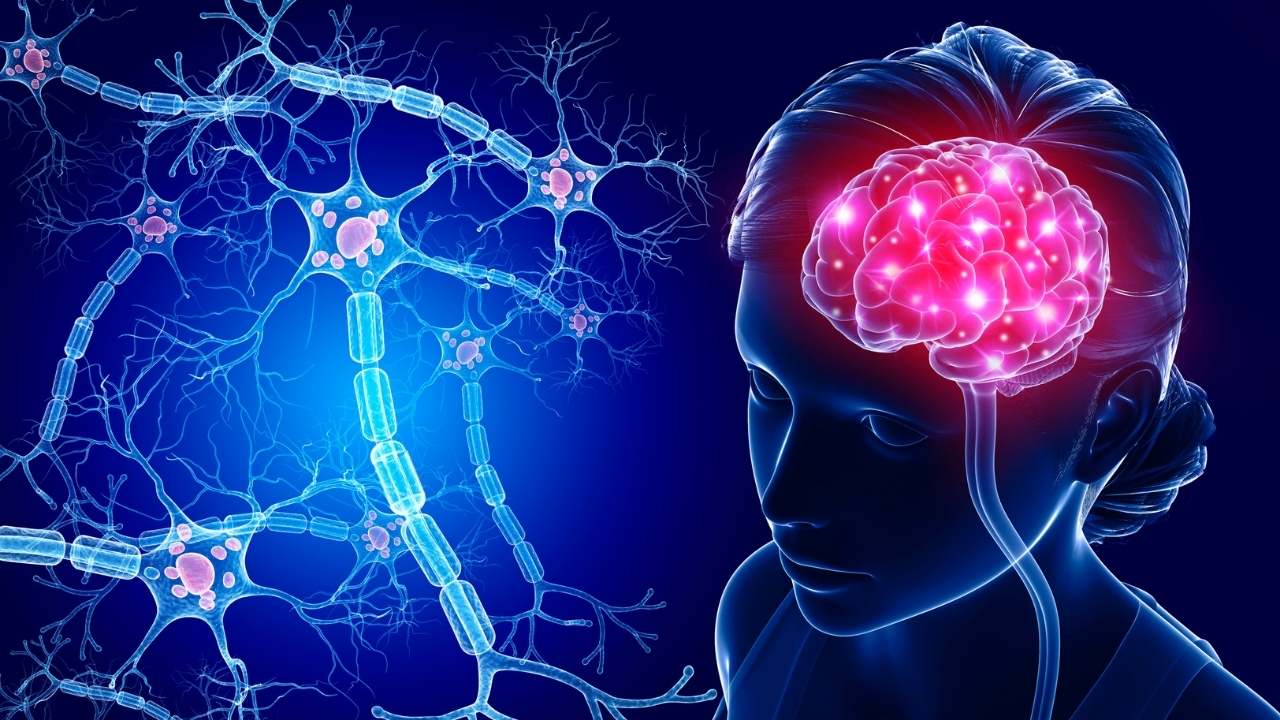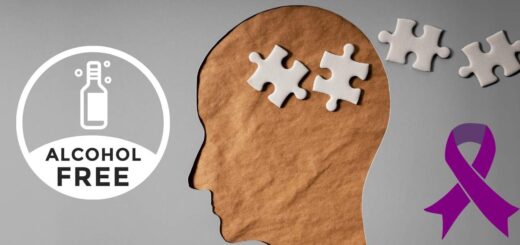Brazilian study reveals new insights into SARS-CoV-2’s effect on the central nervous system

A recent study out of Brazil has revealed new insights into how SARS-CoV-2, the virus that causes COVID-19, affects the central nervous system.
A new study published in Brazil reveals new insights into SARS-CoV-2’s effect on the central nervous system. The study found that the virus can cause neurological disorders such as encephalitis and meningitis.
The study also found that the virus can lead to problems with the autonomic nervous system, which controls involuntary body functions such as heart rate and blood pressure. These findings suggest that SARS-CoV-2 may be more dangerous than previously thought.
SARS-CoV-2’s effect on the central nervous system
SARS-CoV-2’s effect on the central nervous system is still not fully understood, but research suggests the virus can have serious consequences.
One study found that SARS-CoV-2 infection can lead to encephalitis, or inflammation of the brain. This can cause symptoms like headache, fever, and seizures. In some cases, it can even be fatal.
Another study found that the virus may be able to cross the blood-brain barrier and infect cells in the brain. This could lead to neurological problems like dementia or Alzheimer’s disease down the road.
Clearly, more research is needed to understand exactly how SARS-CoV-2 affects the central nervous system. But it’s clear that this virus is capable of causing serious harm to our brains and our overall health.
Methodology: Brazilian study reveals new insights
A new study conducted in Brazil has revealed new insights into SARS-CoV-2’s effect on the central nervous system. The study, which was published in the journal Frontiers in Neurology, provides the first evidence that the virus can cause direct damage to neurons.
The study was conducted by a team of researchers from the Federal University of Rio de Janeiro and the Oswaldo Cruz Foundation. The team examined brain tissue samples from four patients who had died from COVID-19.
They found evidence of viral replication in neurons, as well as damage to the cell bodies and nerve fibers.
These findings suggest that SARS-CoV-2 can cause direct neurological damage, which may explain some of the neurological symptoms that have been reported in COVID-19 patients.
Results: SARS-CoV-2’s effect on the central nervous system
SARS-CoV-2, the virus that causes COVID-19, has been shown to have a significant effect on the central nervous system. In a recent study, researchers found that patients with COVID-19 who were admitted to the hospital had significantly more neurological symptoms than those who were not admitted.
The study found that patients with COVID-19 were more likely to have headaches, dizziness, and impaired consciousness than those without the virus. The study also found that patients with COVID-19 were more likely to have seizures and strokes.
These findings suggest that SARS-CoV-2 can cause serious neurological problems in some patients. These problems can be extremely debilitating and may lead to long-term health problems.
Discussion: New insights into SARS-CoV-2’s effect on the central nervous system
SARS-CoV-2, the virus that causes COVID-19, has been shown to have a wide range of effects on the body. But new research suggests that the virus may also have a significant impact on the central nervous system.
In a recent study, scientists found that SARS-CoV-2 can infect and replicate in neurons, which are the cells of the central nervous system. This finding provides new insight into how the virus might cause neurological symptoms in some people with COVID-19.
The study also found that SARS-CoV-2 can cause damage to the blood vessels of the brain. This damage could lead to stroke or other problems in people with COVID-19.
Conclusion:
In conclusion,this Brazilian study provides new insights into how SARS-CoV-2 affects the central nervous system. The findings suggest that the virus can lead to neurological problems, even in patients who have mild or no respiratory symptoms.
These findings underscore the importance of continued research on the long-term effects of SARS-CoV-2 infection, as well as the need for better treatments for patients with neurological problems caused by the virus.
News Source: São Paulo Research Foundation (FAPESP)
for more health news click here


